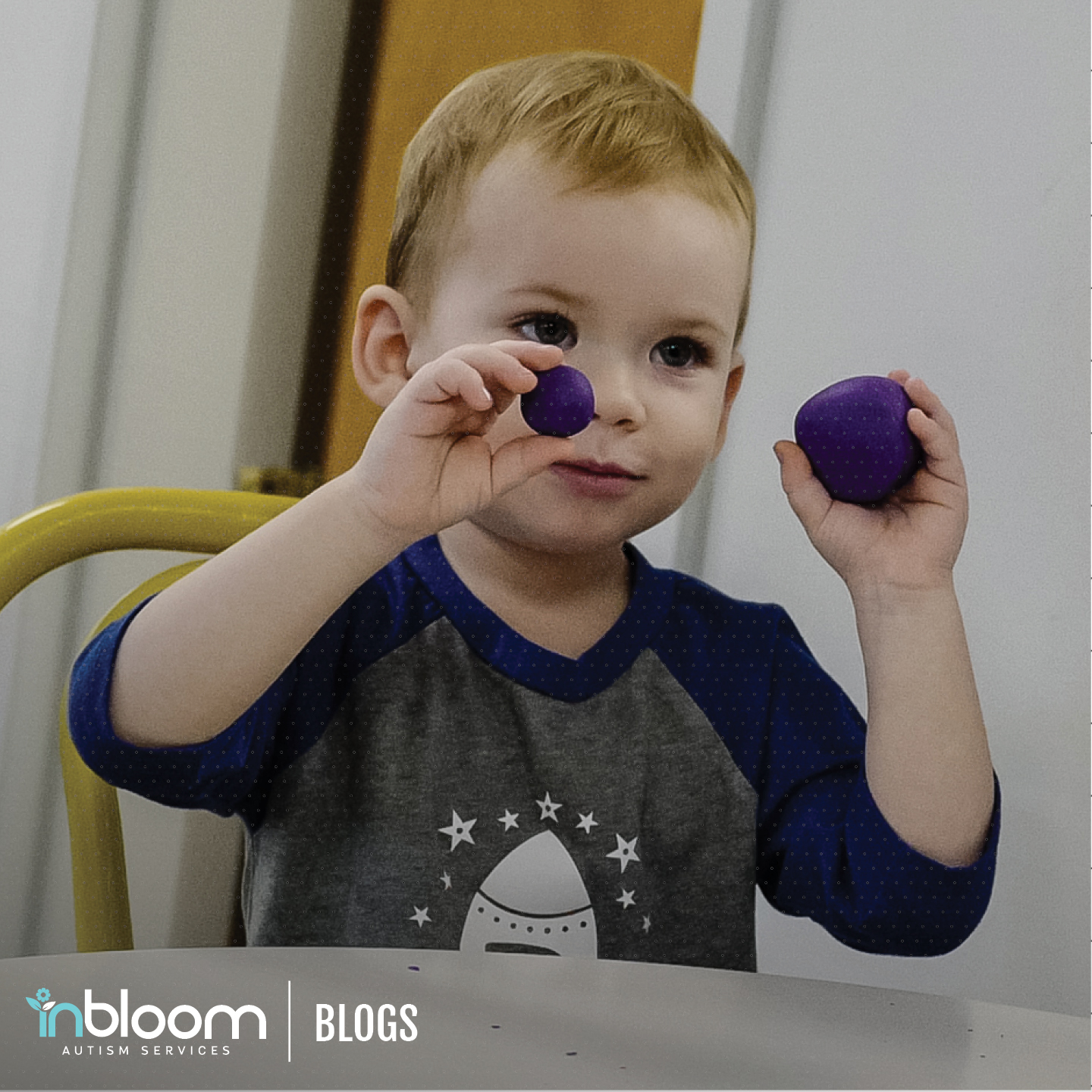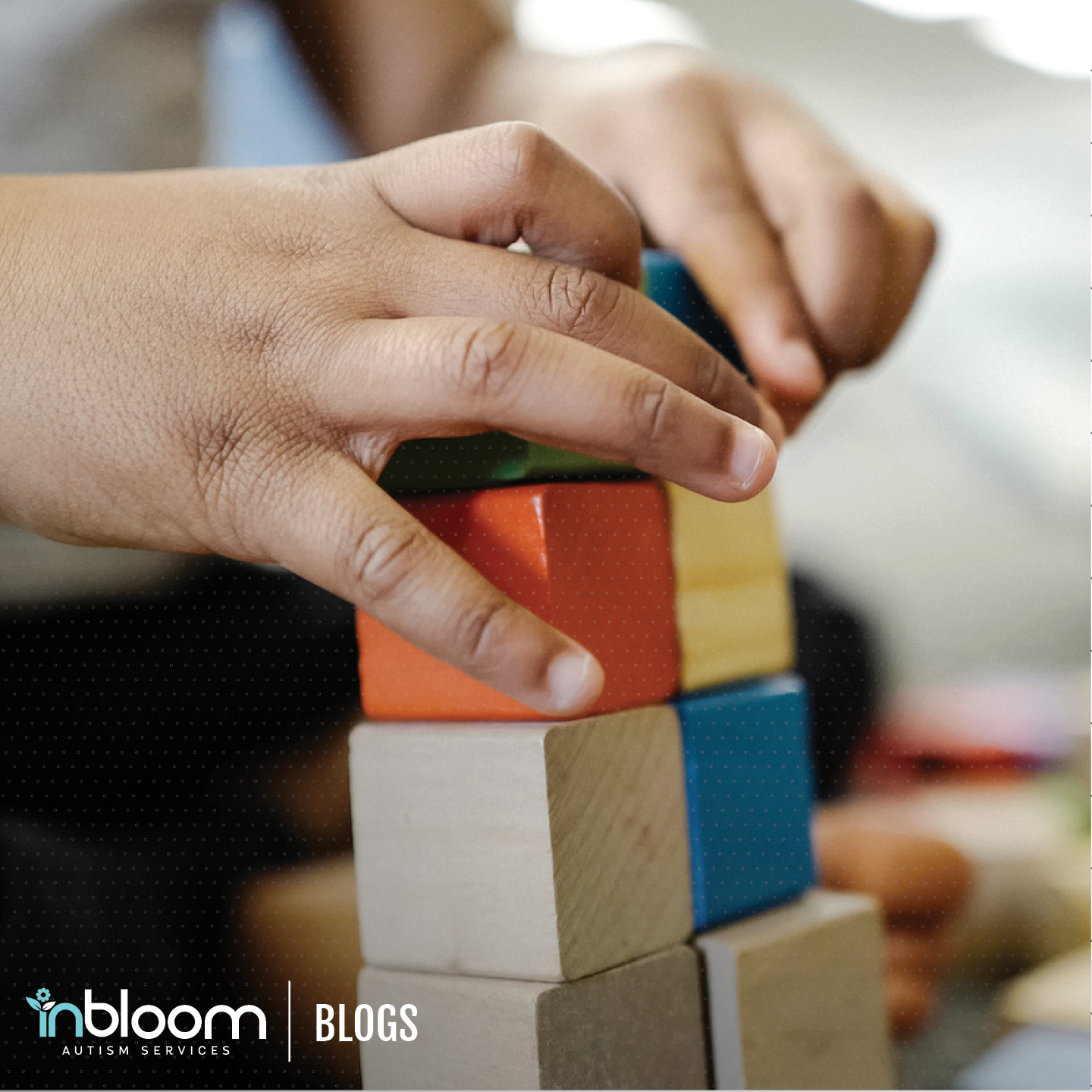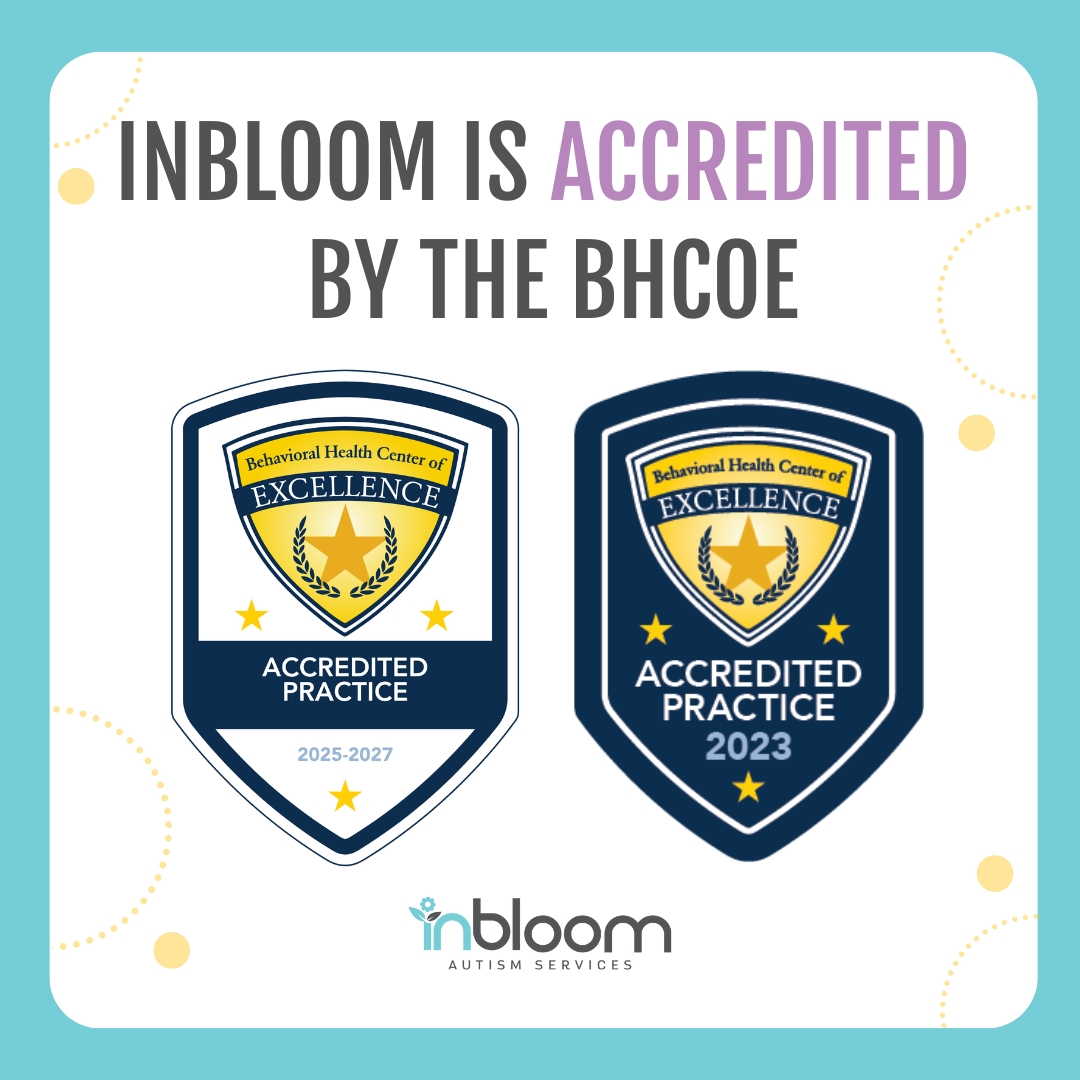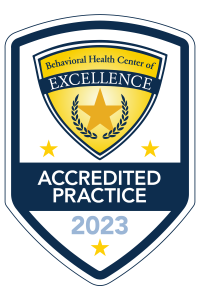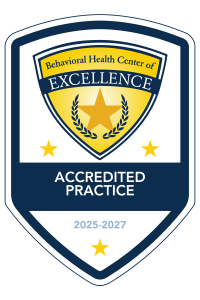Behavioral & Developmental Assessments for Autism
As a parent, you’re constantly observing how your child grows, plays, communicates, and adapts to the world around them. If something feels different, whether it’s a missed milestone, unusual behavior, or communication delay, you may be wondering where to turn.
At InBloom Autism Services, our behavioral and developmental assessments offer insight and clarity.
These evaluations are designed to help you better understand your child’s strengths, challenges, and whether further diagnostic steps may be needed.
Contact our team or continue reading to learn more.
What are Behavioral and Developmental Assessments?
Behavioral and developmental assessments are structured diagnostic evaluations used to understand how a child thinks, learns, communicates, behaves, and manages everyday tasks.
These assessments help identify areas where a child is thriving and where they may need additional support.
At InBloom Autism Services, our assessments focus on two key areas:
- Developmental assessments look at how a child is progressing across milestones like speech, motor skills, cognitive development, and social-emotional learning.
- Behavioral assessments evaluate how a child reacts to their environment, expresses emotions, follows instructions, and interacts with others.
Together, these tools offer a well-rounded view of your child’s abilities and challenges.
Whether you’re seeking answers about a potential autism diagnosis or just want to understand your child’s development better, these assessments provide the foundation for meaningful support and next steps.
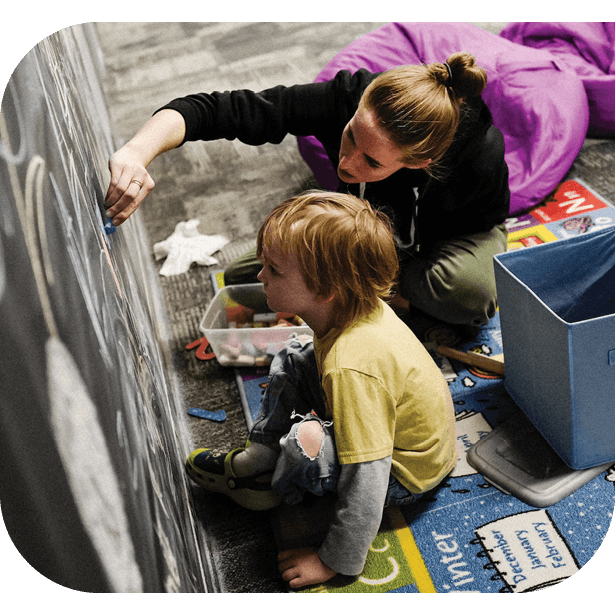
When to Consider an Assessment
Every child develops at their own pace, but if you notice ongoing challenges or delays, it may be time to take a closer look.
A behavioral or developmental assessment can be helpful if your child:
- Isn’t meeting speech or motor milestones.
- Has difficulty with transitions, routines, or changes.
- Shows limited social interaction or eye contact.
- Engages in repetitive behaviors or intense sensory reactions.
- Has trouble regulating emotions or behaviors.
You don’t need to wait for a referral or formal diagnosis to begin the assessment process. Trust your instincts. Early evaluations can provide clarity and peace of mind.
How These Assessments Relate to Autism Evaluation
Behavioral and developmental assessments are often the first step in identifying whether a child may meet the criteria for Autism Spectrum Disorder (ASD).
While they don’t provide a formal diagnosis on their own, they help flag patterns and behaviors commonly associated with autism.
At InBloom, we use insights from these assessments to determine whether a full autism diagnostic evaluation is appropriate. They also help guide our team in making individualized recommendations for therapy and support, regardless of whether a diagnosis is made.
What These Assessments Can Identify
Behavioral and developmental assessments offer a deeper understanding of how your child is progressing across multiple areas of development. These evaluations help identify strengths, delays, and possible areas of concern, information that’s key to determining the best next steps for support and intervention.
Social and Communication Delays
Many early developmental concerns involve how a child interacts with others or expresses themselves.
These assessments can detect challenges, including:
- Limited eye contact or social engagement.
- Delayed speech or language development.
- Difficulty with nonverbal communication, such as gestures or facial expressions.
- Trouble initiating or maintaining play or conversations.
Identifying these patterns early allows families to begin targeted therapies that support social connection and language development.
Cognitive and Emotional Development
Beyond speech and social behaviors, assessments explore how your child thinks, solves problems, and regulates emotions. This may include:
- Attention span and ability to follow instructions.
- Emotional responses to frustration or change.
- Problem-solving and memory skills.
- Ability to play independently or with others.
These insights help shape an understanding of your child’s learning style and emotional regulation needs, crucial for developing effective support plans.
Early Signs of Autism Spectrum Disorder
Behavioral and developmental assessments can also help identify early markers of autism. While they don’t confirm a diagnosis, they highlight traits such as:
- Repetitive movements or behaviors.
- Sensory sensitivities (e.g., to sound, light, texture).
- Strong need for routine or difficulty with transitions.
- Intense focus on specific interests.
If these signs are present, our team may recommend a full autism diagnostic evaluation to explore further. Early detection makes it possible to begin impactful therapies during the most critical developmental window.
What to Expect During the Assessment Process
At InBloom Autism Services, we know that understanding what to expect can help ease uncertainty.
Our behavioral and developmental assessments are designed to be collaborative, informative, and comfortable for both you and your child.
Each step is rooted in compassion and guided by experienced clinicians who specialize in early childhood development.
Parent Interview and Questionnaires
The process begins with you.
During an initial parent interview, our clinical team will ask about your child’s developmental milestones, daily behaviors, social interactions, and any concerns you may have.
You’ll also complete standardized questionnaires to help us gather additional insight into how your child functions across different settings, like home or daycare.
This information helps build the foundation for the assessment.
Clinical Observations and Tools Used
Your child will participate in structured play-based activities tailored to their age and developmental level.
These tasks allow our clinicians to observe communication, behavior, emotional regulation, and motor skills in real time.
Depending on the purpose of the evaluation, we may use tools such as:
- Developmental screening checklists.
- Adaptive behavior assessments.
- Play-based observation protocols.
These tools help us create a well-rounded view of how your child is developing in comparison to age-based expectations.
Interpretation and Next Steps
Once the assessment is complete, our team will carefully review the findings and provide a clear explanation of the results.
You’ll receive feedback on your child’s developmental profile, including strengths, areas for growth, and any red flags that may require additional evaluation or services.
We’ll walk you through the next steps, whether it’s monitoring progress, recommending therapy, or referring for a formal autism diagnostic evaluation.
Throughout the process, our goal is to empower you with the knowledge and resources you need to support your child’s development confidently.
Benefits of Early Behavioral and Developmental Assessment
Early assessments can be life-changing for families.
When developmental or behavioral concerns are identified early, children have more opportunities to receive the support they need during critical stages of growth.
Some of the key benefits include:
- Earlier access to therapy services, such as ABA, speech, or occupational therapy.
- Improved communication and social skills through tailored interventions.
- Greater school readiness and smoother transitions into academic settings.
- Reduced family stress with a clearer understanding of your child’s needs.
- Empowered caregivers who can better advocate for and support their child.
The sooner concerns are identified, the sooner your child can begin building essential skills, and the sooner you can feel confident in the path forward.
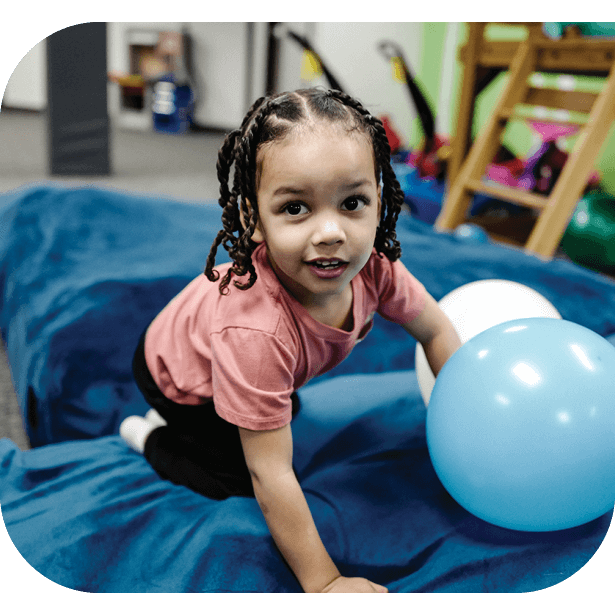
InBloom’s Approach to Pediatric Assessments
At InBloom Autism Services, we take a compassionate, child-centered approach to every behavioral and developmental assessment.
Our team of licensed psychologists and trained clinicians works closely with families to ensure each child feels seen, understood, and supported.
We focus on:
- Play-based evaluations that make children feel comfortable and engaged.
- Parent involvement at every step, because your insights matter most.
- Evidence-based tools that help us identify a child’s developmental profile.
- Personalized recommendations that reflect your child’s strengths and challenges.
Whether you’re seeking clarity, answers, or simply peace of mind, our team is here to walk alongside you every step of the way.
Schedule a Behavioral and Developmental Assessment Today
If you’re noticing delays in your child’s development or have questions about their behavior, don’t wait to take the next step.
A behavioral and developmental assessment can provide the insight you need to make informed decisions for your child’s future.
Contact our helpful, caring team at 888-754-0398 today to schedule an assessment or to learn more.
Together, we’ll help you move forward with clarity, confidence, and care.

